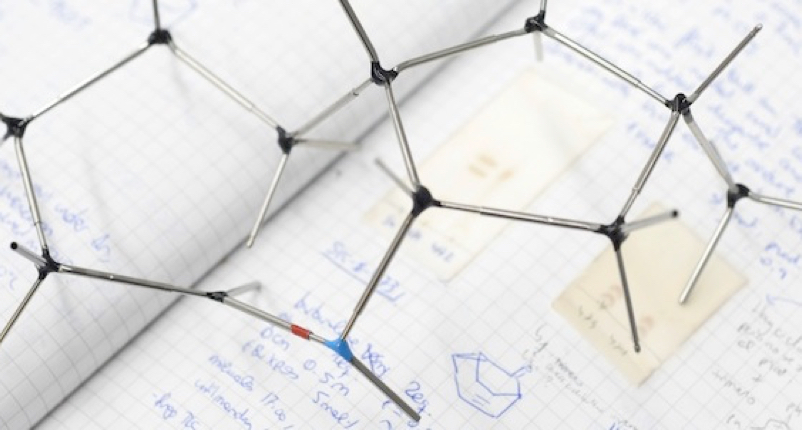Memory effect in ferroelectric polyvinylidene fluoride (PVDF) films via spin crossover probes
Ferroelectric polymers are of great interest due to their intrinsic processing capabilities, superior to classic inorganic ferroelectric materials. For example, polyvinylidene fluoride (PVDF) and derivatives have been incorporated into multiple device architectures for information storage and transfer. Here we report an additional advantage of organic ferroelectrics as their flexibility allows for the preparation of composites with spin crossover (SCO) probes to tune their ferroelectric parameters by external stimuli. We demonstrate how the saturation polarization and coercive field of a ferroelectric [Fe(NH(2)trz)(3)](NO3)(2)/PVDF composite film depends on the spin state of the [Fe(NH(2)trz)(3)](NO3)(2), opening a thermal hysteresis and delivering a ferroelectric material with a memory effect. This switching may now be used to tune the function of a device, adding additional information states to the elemental binary logic. Additional evidence of the synergy between the two components of these films was also found in the glass transition of the PVDF component that induces small changes in the paramagnetic component.

Koo, Y. S.; Galan-Mascaros, J. R.
Dalton Trans. 2024, 53, (17), 7590-7595
DOI:
10.1039/d4dt00220b

Let's create a brighter future
Join our team to work with renowned researchers, tackle groundbreaking
projects and contribute to meaningful scientific advancements



















